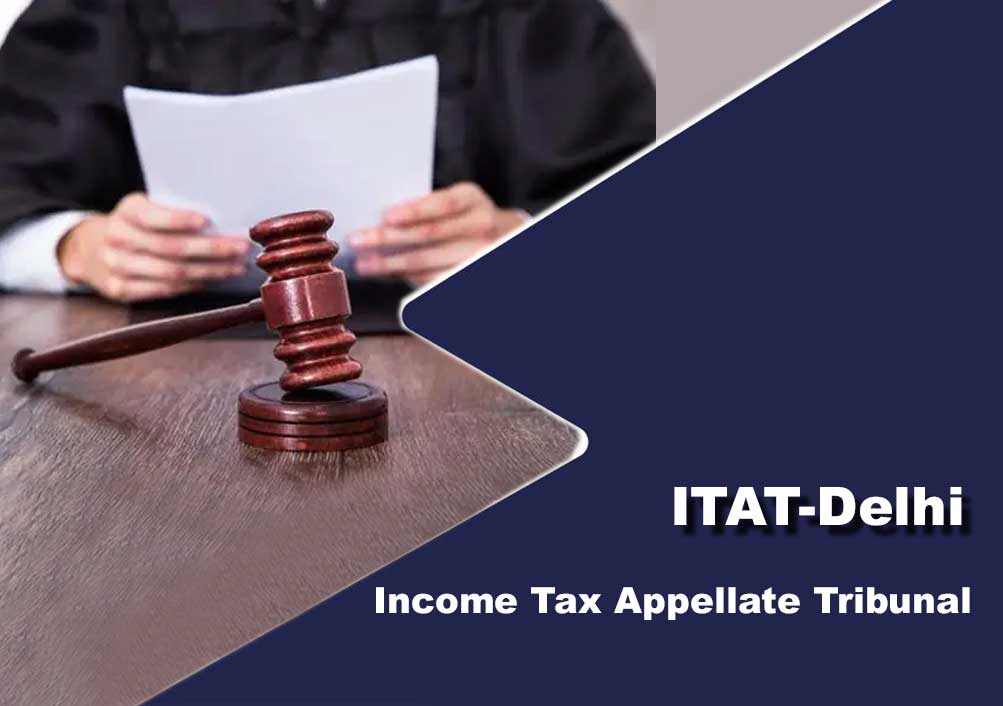In ITA No. 1574/Del/2020 – ITAT- Principle of Res Judicata not applicable to Income Tax proceedings, but if a fundamental aspect relevant to multiple assessment years has been established as a fact and the parties have accepted this determination without challenging it, it would be inappropriate to alter the position in subsequent years, rules ITAT (Delhi)
Members Anil Chaturvedi (Accountant) & Anubhav Sharma (Judicial) [08-05-2023]

Read Order: New Delhi Export House v. JCIT Special Range-18, New Delhi
Chahat Varma
New Delhi, May 10, 2023: The Delhi bench of the Income Tax Appellate Tribunal has found merit in the argument put forth by New Delhi Export House (assessee), that the assessee had incurred similar expenses in earlier and subsequent years, and the payments made to the parties in question were not higher in the year under consideration compared to those years and no disallowance of expenses had been made by the Assessing Officer (AO) in those years. Based on these observations, the Tribunal has set aside the addition made by the AO.
Factual matrix of the case was that the assessee is a partnership firm, engaged in the business of manufacturing of ladies’ garments. The AO observed that the assessee had booked ‘Design & Development expenses’ based on the Profit and Loss statement. However, upon examining the details of the expenses, the AO noted that though assessee had claimed to have paid the Design & Development expenses to various parties but had submitted agreement of only one party. Additionally, no bills or invoices were provided for Aarti Uppal, who was identified as a related party of the firm. As a result, the AO disallowed 50% of the total design & development expenses. The assessee contended that similar expenses were incurred in previous and subsequent years, and payments were made to the same parties. However, no disallowance of these expenses was made by the AO during the assessment under section 143(3) of the Income Tax Act.
The Tribunal placed reliance on M/s. Radhasoami Satsang Saomi Bagh, Agra v. Commissioner of Income Tax [LQ/SC/1991/724], wherein the Supreme Court has held that while the doctrine of res judicata does not apply to income tax proceedings, if a fundamental aspect relevant to multiple assessment years has been determined as a fact and the parties have accepted that determination without challenging it, it would be inappropriate to alter that position in subsequent years.
With respect to the addition made on account of alleged waste generated known as Katran, the Tribunal observed that the AO did not provide any concrete material or evidence to support the claim that the sale of scrap recorded by the assessee was understated. The AO based his estimation on research conducted on the internet, which was not sufficient to justify the estimation. Considering the lack of evidence and the totality of the facts, the Tribunal concluded that the AO was not justified in making the estimation of scrap sales. As a result, the addition made by the AO and upheld by the CIT(A) was set aside.
Sign up for our weekly newsletter to stay up to date on our product, events featured blog, special offer and all of the exciting things that take place here at Legitquest.




Add a Comment